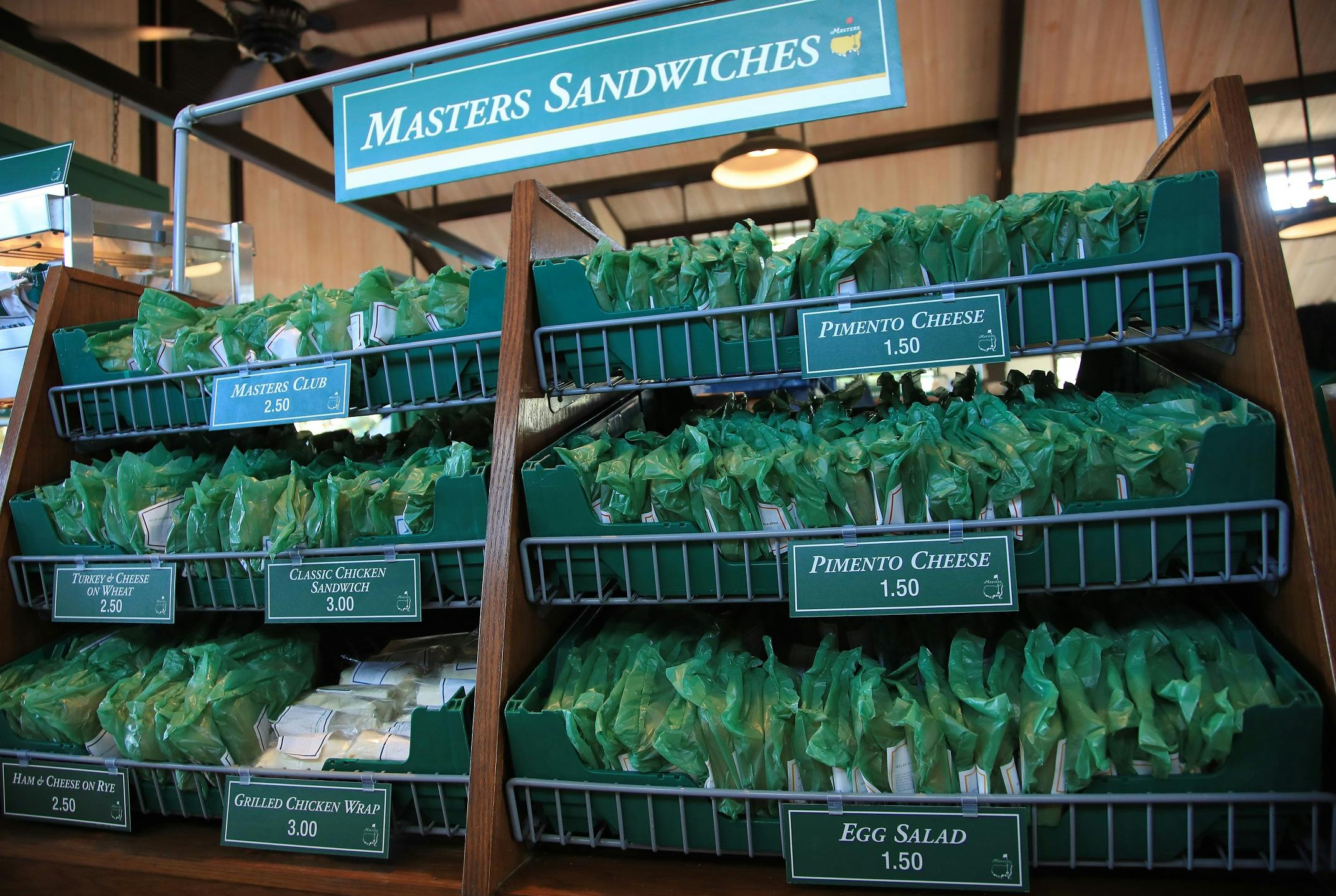A few years ago, the publishing company Bloomsbury had the problem of following up on the huge global success of the Harry Potter books. They were scouring the world looking for the next boy wizard when I walked in to their London offices with an idea that would turn the whole golf-meets-obscure-management-theory genre upside down. Hang on to your hardbacks I told them, here comes another theme park. Bloomsbury were saved, as me and JK Rowling’s combined sales kept the doors open.
My next book, Fleecing Rich White Men: Marketing Lessons from The Masters, is a bawdy romp through the famous golf tournament that has become the go-to case study in sports marketing excellence.
Here’s a checklist of ‘dos and don’ts’ I like to keep front of mind while typing:
1. Don’t worry too much about attribution error
The job of every great business book is to give the reader the impression that success is attainable if you just learn the right lessons. Anyone who has ever worked in a business knows that attempting to isolate ‘rules for success’ requires so many caveats that it renders any meaningful analysis worthless. This is because in real life, the relationship between cause and effect is rarely linear and it’s more accurate to think of success emerging from a maelstrom of conflicting factors such as human skill and endeavour, leadership, luck, randomness plus a mix of external factors such as the state of the competition and the economic environment. But who wants to read that shit?
2. Emphasise the positive
The Masters is now viewed as a massively successful case study in brand management, a triumph of long-term thinking over short-term cash. In a sport bedevilled by a tedious diet of back-to-back 72-hole stroke play events, this 72-hole stroke play event stands out from the crowd by giving the winner his own jacket, being on in the same place once a year and serving really cheap sandwiches. The irony of this last point is that it’s seen as a reason to herald Augusta as being all about fan engagement when actually the only people that get into the course are so wealthy they can probably afford to pay through the nose for lunch.

3. Use the power of narrative
Storytelling is a clever ruse that was invented by marketing people at some point in 2015. And the story of The Masters follows a timeless narrative structure: rich southern Republicans build a golf course and don’t allow black people or women to play it for most of the Twentieth century, then when colour television makes it really popular they milk it for all its worth, until in 1997 the man anointed as the future of golf turns out to be black, rendering the whole ‘racist backstory’ a bit of a downer from a marketing point of view. So the people who run the tournament reinvent the banning of black people and women as part of golf’s traditional values and are even given credit when they deem to allow women members with the proviso they are either unfathomably rich or politically useful.
It’s truly a story as old as the hills.
4. Don’t take the whole ‘global warming’ thing too seriously
The Masters is the most influential sports event in America and what happens there is copied by every golf course in the world. The downside of this marketing power is that it is selling an unsustainable dream: that golf courses should be green all the time. The Augusta National course is famously the most carefully curated piece of land in sport, courtesy of being closed for most of the year and an industrial sprinkler system that people in the turf industry talk about at conferences. But for everyone else, this sort of look takes a shit load of water, which the world can ill afford. On the upside, The Masters looks great on telly.
5. Tell a story with data
If there’s one thing the sports business is brilliant at, it’s creating massive media value numbers that are in nobody’s interest to challenge for fear of being seen as a bit of a party pooper. These zeroes are then subject to cutting-edge econometric modelling that takes a number of variables and hides them in an equation, with brackets. Suffice to say the marketing value of The Masters is estimated by sponsorship experts to be ‘fucking vast’.
6. Did I mention the price of the sandwiches?
Richard Gillis hosts The Unofficial Partner Podcast. Subscribe via UnofficialPartner.com